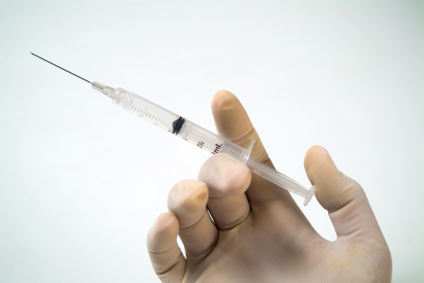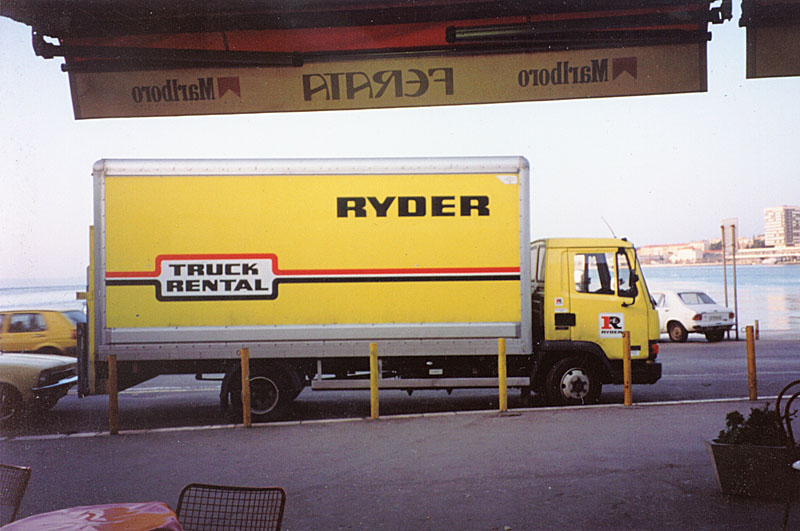| A fantastic team
effort by a group of friends meant that we were able to approach every
single pharmaceutical company and Health Authority in the country in just 48 hours.
The
result was 3.5 tonnes of medical supplies, most of it donated by Glaxo.
Ryder came up trumps with the loan of a brand-new 7.5-tonne
truck, Sutherlands paid for the fuel, Jarmain & Co insured
it for us and P&O donated the ferry passage.
We did have one small problem with the insurance: there was an exclusion for war zones. This meant that we were only insured as far as the Austrian-Slovenian border. As I didn't reckon my credit card would stretch to a replacement lorry, I started looking around for solutions.
I phoned a ridiculous number of insurance companies, all of whom laughed at me. I then figured that there were a number of charities doing humanitarian aid runs to the region, so they must have figured out a solution. One of the main ones I knew of was run by a little old lady in Birmingham. She was running an amazing operation, with several trucks a day heading out there. I phoned her and asked her what she did for insurance.
"Oh, it's no problem," she told me. "The UN operates a special insurance scheme for aid trucks - you can buy the insurance at the border for $30." Sorted - or so I thought.
We had one other paperwork issue to resolve: morphine is a Class A controlled drug, and needs to be signed for by a doctor. Neither the pharmaceutical companies nor Health Authorities could hand it over to us without that signature.
That was resolved when a GP friend stepped in and signed for it. Except that ... one Health Authority came up with an additional box of morphine after all the paperwork was done. They were happy enough to hand it over on the basis that they'd had a signature for the previous batch, but as this box wasn't listed on the paperwork, technically that made us drugs-runners ... We put that box into the very back of the truck and hoped that none of the Customs officials dug too deep!
We drove
non-stop, three drivers operating on a 4-hours-on, 8-hours-off shift. Of the two resting drivers, one slept while the other had one simple but vital job: look out for Low Bridge signs! We had been warned that the insurance did not cover damage caused by dozy drivers colliding with bridges.
When we reached the Austria-Slovakia border, we looked in vain for a UN office to purchase our war-zone insurance. We asked the officials, none of whom knew anything about it. We asked other truck drivers; they didn't know about it either. Finally, I spotted a truck from the Birmingham charity and dashed over to the driver.
He laughed: "There's no such thing. We just tell her that so she doesn't worry." So the trucks are actually completely uninsured? "Yes."
The news did not fill me with seasonal joy, but I figured that we'd come that far and weren't about to turn back now. I had visions of thumbing down a passing army Chinook helicopter to air-lift the remains of our truck back into Austria before we called the insurance company ...
We arrived in Split on on Boxing Day, stopping for breakfast at a cafe before heading to the local UN base:
|


